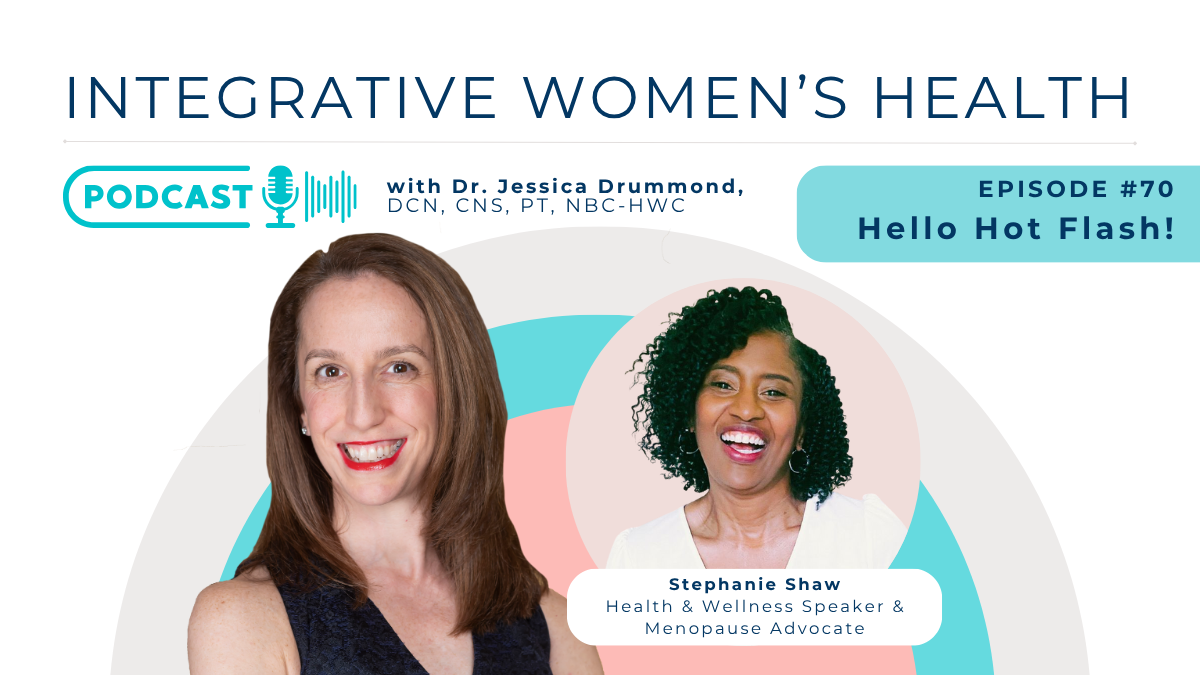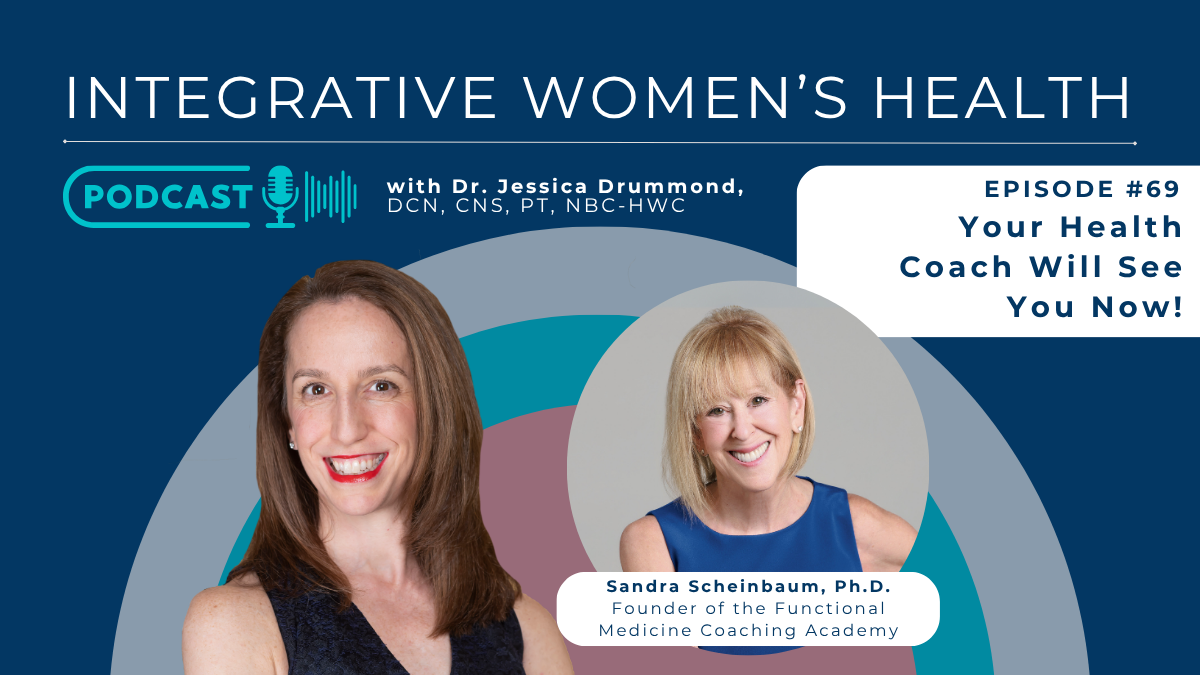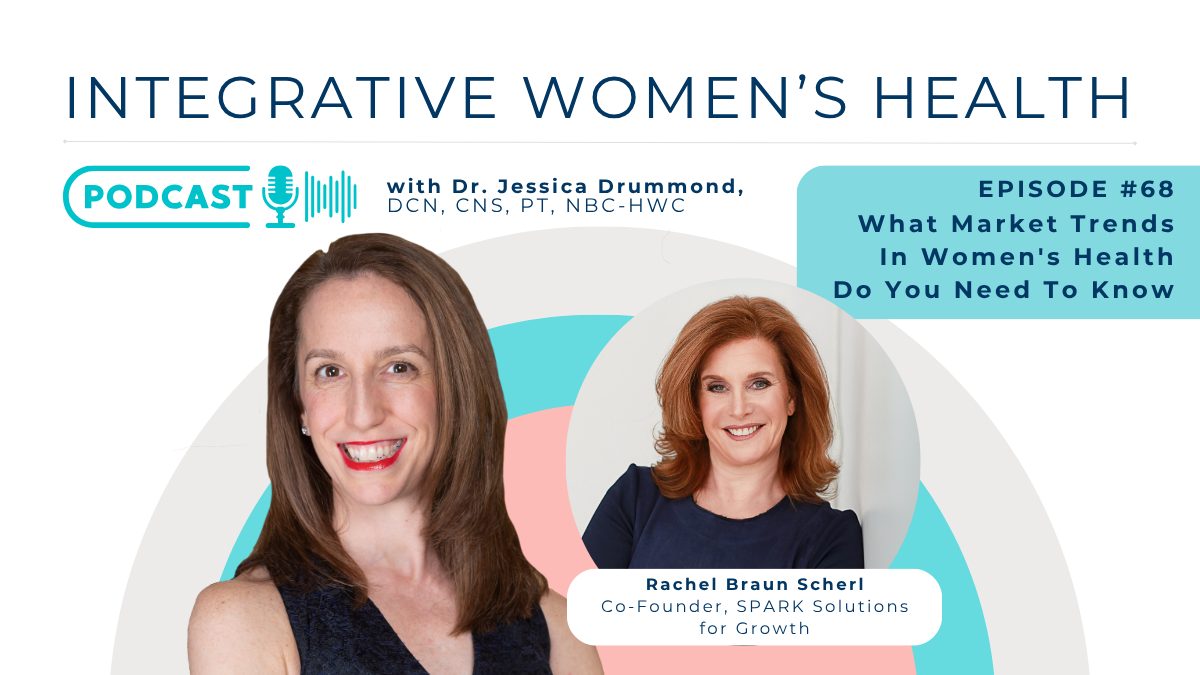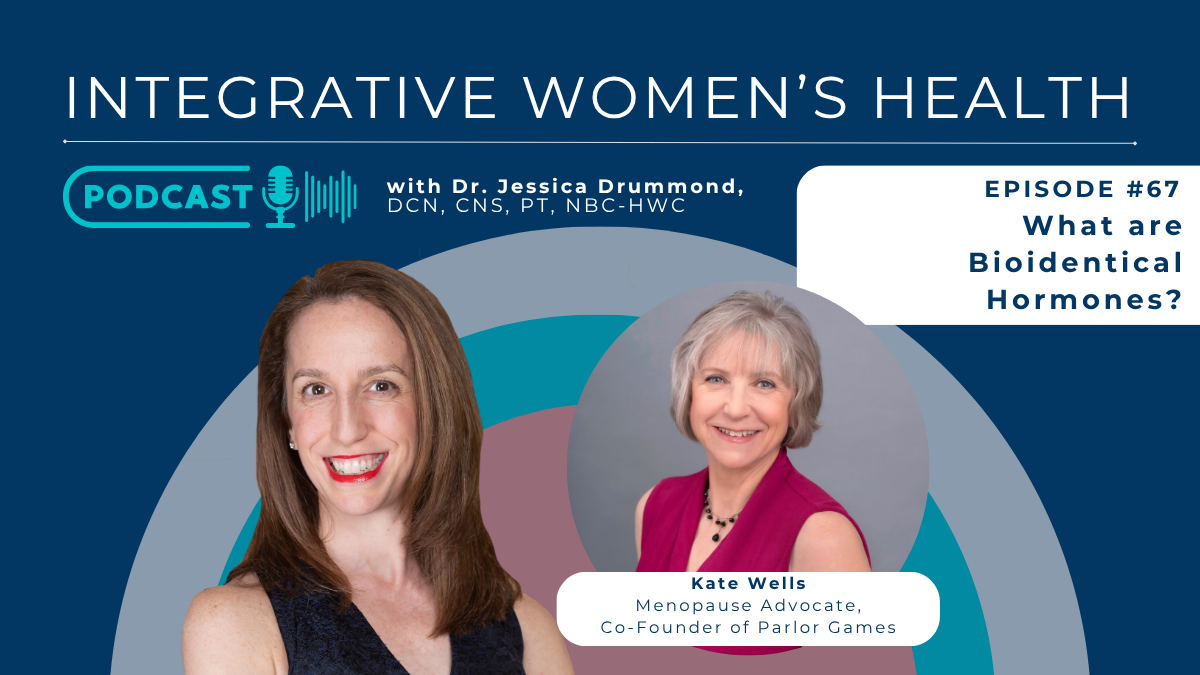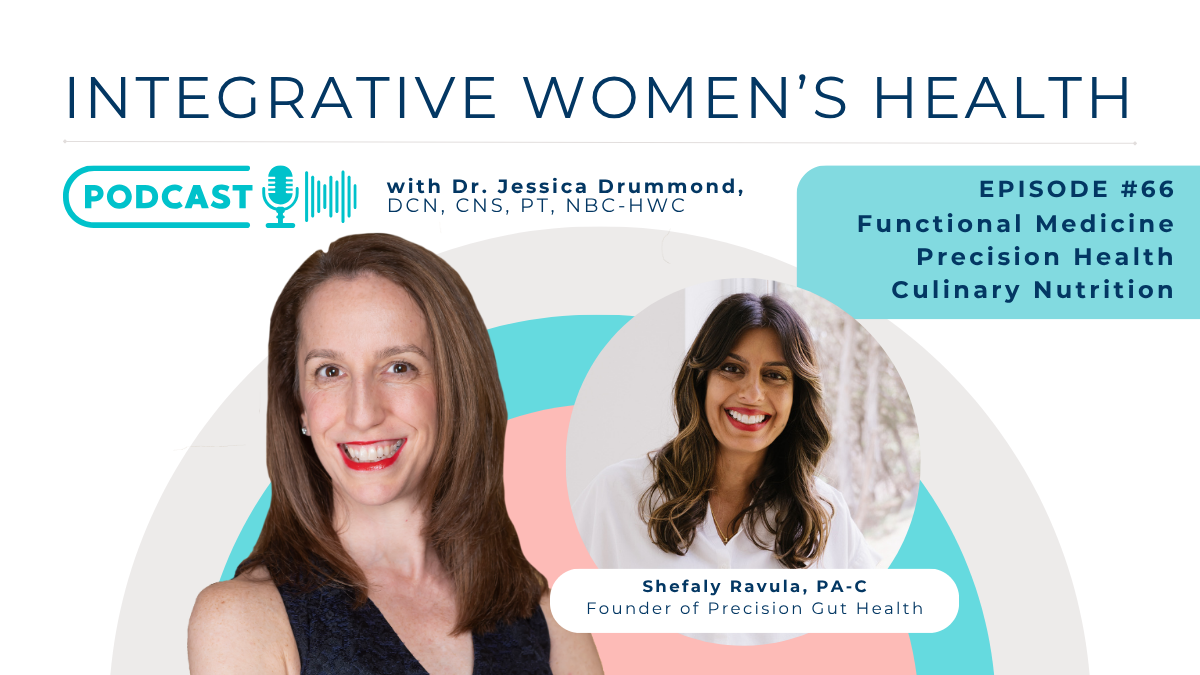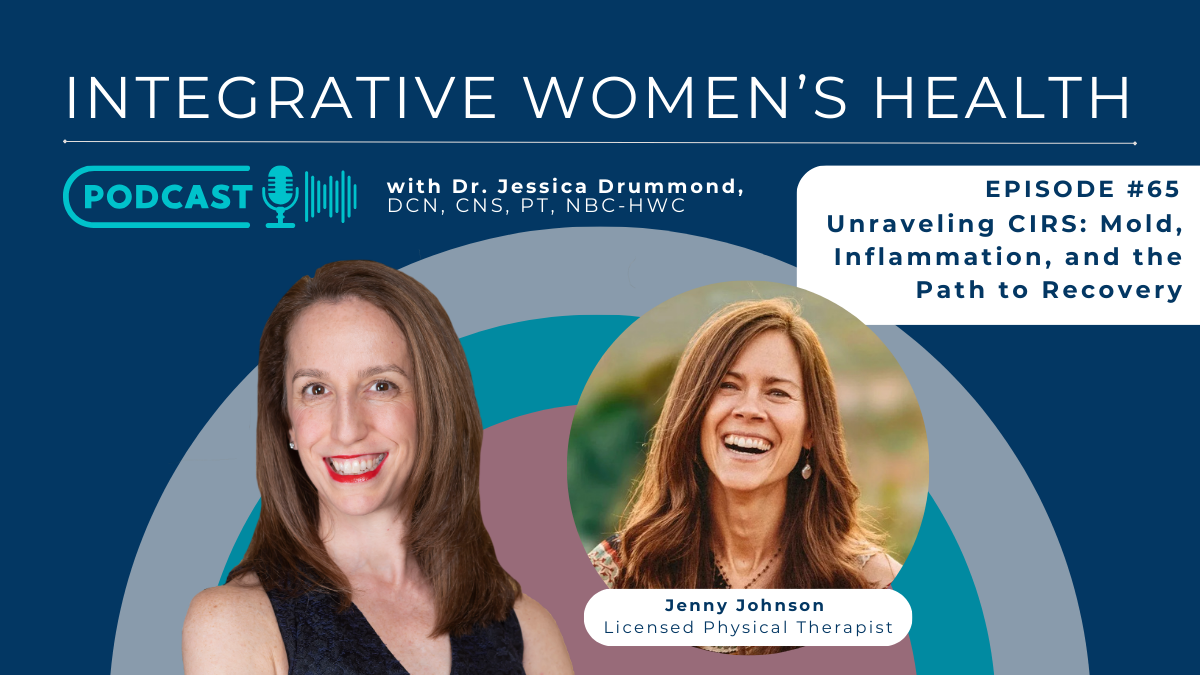What our patients believe is their reality, and there are mixed beliefs about gluten sensitivity.
Stepping into our patients’ reality is the first step to supporting their healing.
This week, a new study on non-celiac gluten sensitivity (NCGS) was released. This study caused a firestorm in the world of nutrition. I have seen with my own eyes how many patients show significant symptom improvement when they are put on gluten free nutrition programs.
But, in almost every case, it’s not that simple.
This study added some important information to the conversation on the impact of gluten (and for that matter, whey protein) on irritable bowel syndrome (IBS) symptoms. T
his study demonstrated that gluten, specifically, may not be the culprit in IBS symptoms coming from eating wheat and other gluten-containing foods.
The actual cause of the symptoms may be FODMAPS (fermentable, poorly absorbed, short-chain carbohydrates (fermentable, oligo-, di-, monosaccharides, and polyols.) Plus, whey protein may cause just as many IBS symptoms as gluten.
All of this is potentially useful information. But, it’s important to notice our reactions as healthcare professionals to any new data.
First, no one study gives us all of the information about gluten sensitivity that we need to know.
Second, evidence-based medicine is the combination of published research, clinical experience, and our patient’s experience.
It’s important to include all three of these pillars when working with each individual patient.
Finally, as healing professionals, we have to be aware of our own beliefs, and not be so attached to them that we are unable to openly consider new data as it is released, or patient experiences that are unique to each patient. It’s easy to fall into the trap of believing that we’ve seen it all before.
To best support each patient’s healing we must consider as much published evidence as we can, and we must consider each patient as an “N of One” experiment because no published research can take into account any specific patient’s beliefs or experiences.
Opening our awareness to our own beliefs, experiences, and biases is a key step to improving our skills as a healer.
Health coaching skills are the magic tools to uncovering, bringing awareness to, and even shifting these deep seeded beliefs in ourselves and in our patients.
In all of our courses, we present the best possible evidence on functional nutrition for the subject we’re covering, and we teach specialized skills known as “health coaching skills” to help you to uncover deep seeded beliefs, limiting experiences, and reasons for resistance to change to healthier behaviors in your patients.
Remember that in the age of the internet, our patients are not coming to us for education and information (they can find it on the internet as easily as we can), they are coming for transformation. Sharpening your coaching skills is essential for supporting that transformation, and most healthcare professionals (and even most coaches) are not well trained or practiced in the art and science of coaching.
If you’d like to learn the most up-to-date nutrition research for healing women’s pelvic and sexual health concerns along with a healthy introduction to the art and science of coaching, please join me this September in Fair Lawn, New Jersey. I adore teaching live. It’s your best opportunity as a healer to open to sharing your own limiting beliefs, and your own healing stories, and to get real live hugs and support for your journey as a healer who is also always on your own healing path. Holding that sacred space for you is my honor. And, showing up with the best data I can get my hands on for you is my mission.
If you’ve ever wondered how using nutrition and coaching tools can dramatically improve your patient practice, you can learn more about The Women’s Health Coach Certification here.
Did you ever encounter a patient or experience a healing experience yourself that completely changed your mind about one of your long-held health coaching practice beliefs? I would love to hear what you learned from that experience. Share your story in the comments below.

